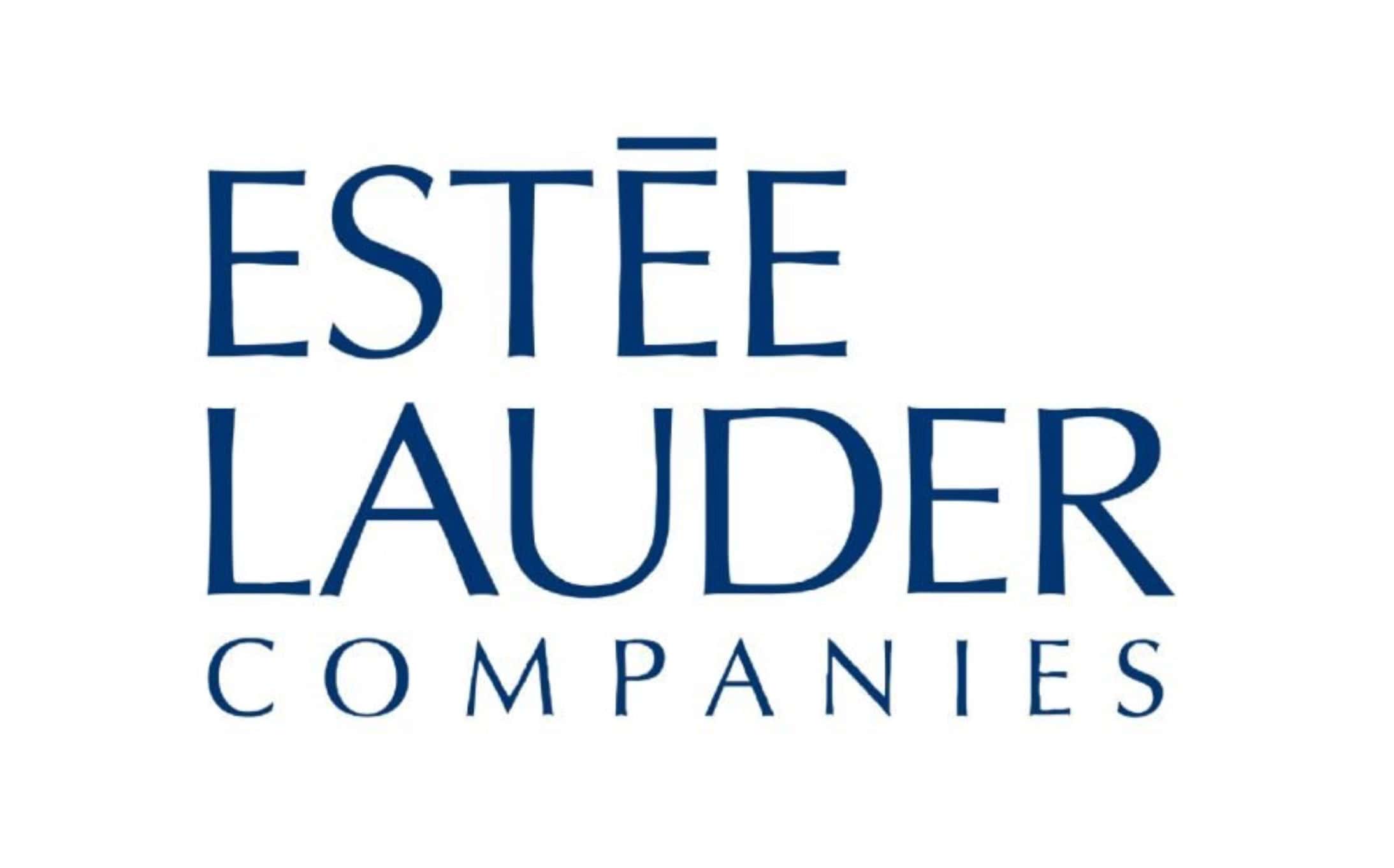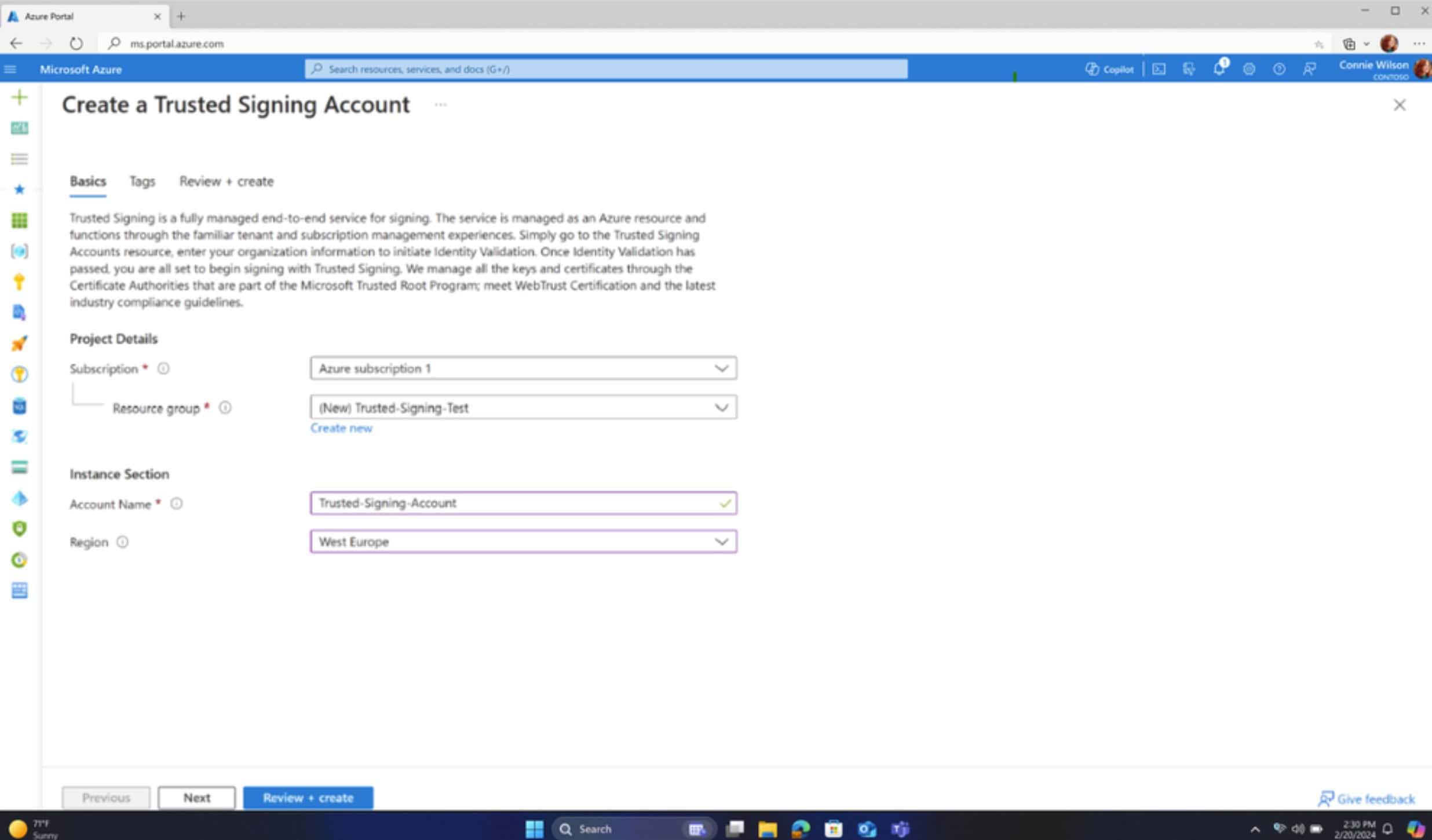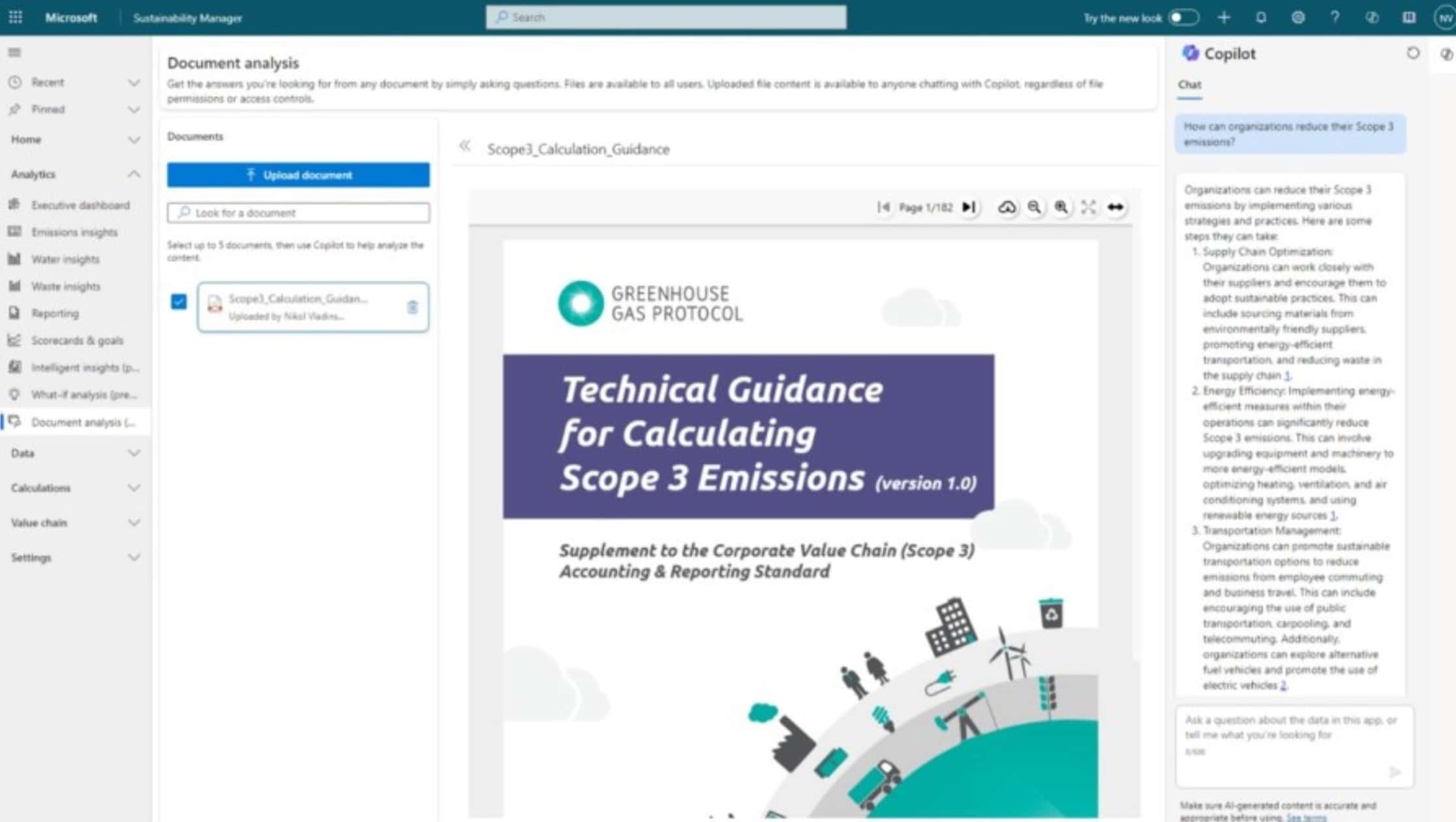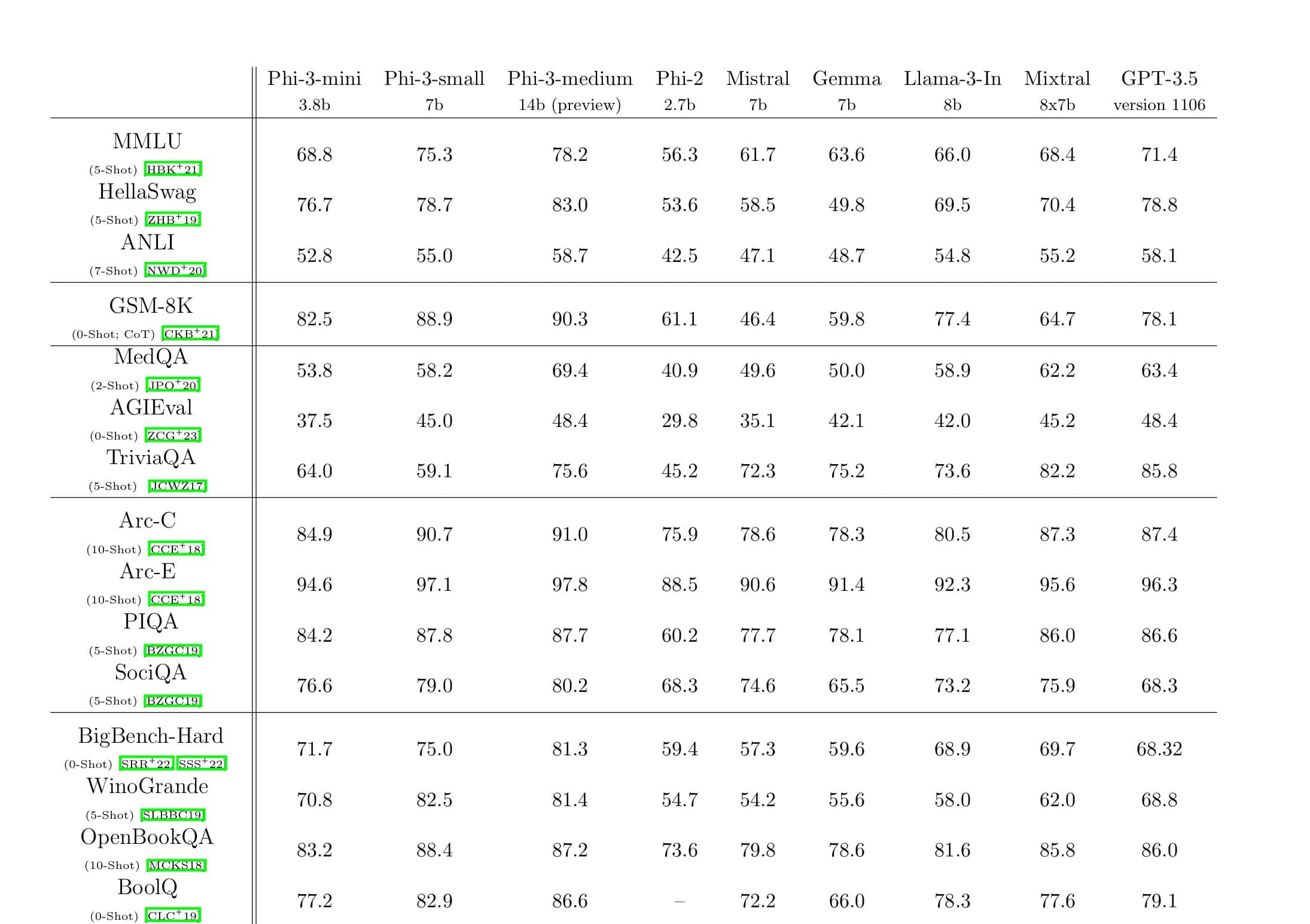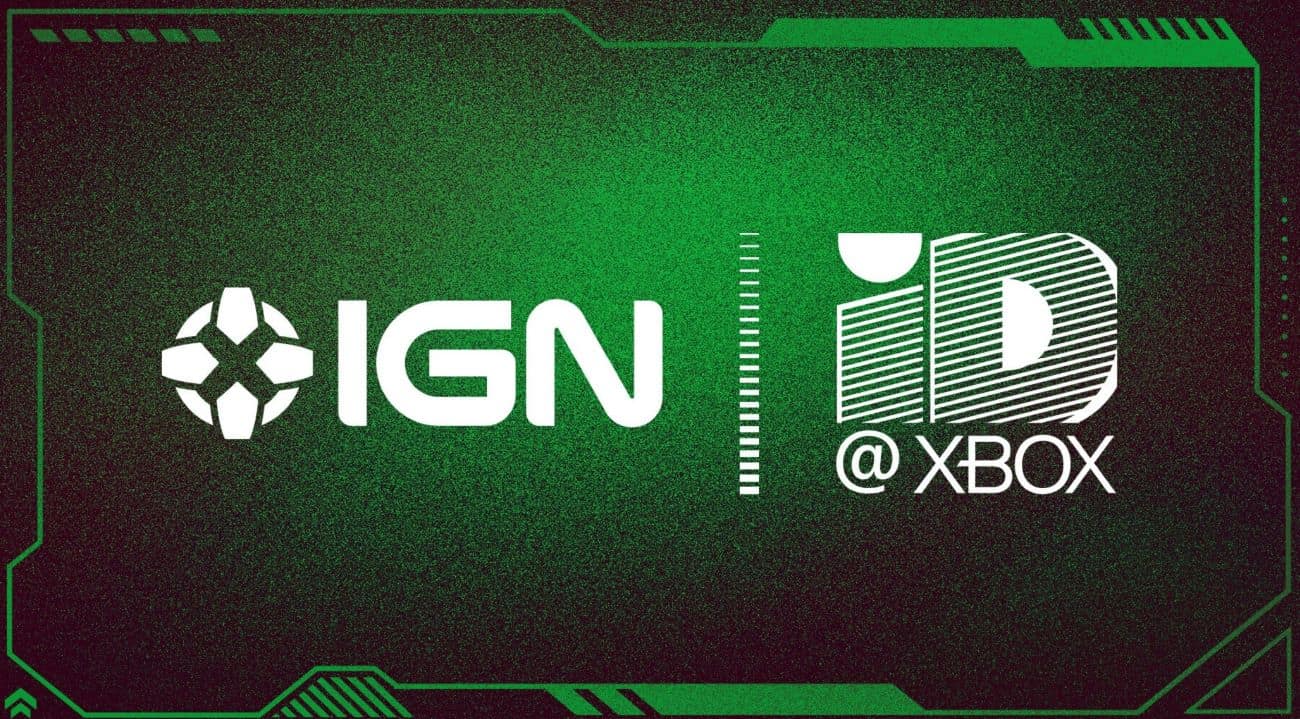Microsoft Research Is Developing A Reliable Qubit, The Key Building Block Of A Quantum Computer
2 min. read
Published on
Read our disclosure page to find out how can you help MSPoweruser sustain the editorial team Read more
Station Q is a Microsoft Research lab located on the campus of the University of California, Santa Barbara. Topological quantum computing is the main research area over there. They are exploring theoretical and experimental approaches to creating the reliable quantum analog of the traditional bit—the qubit. Speaking to MIT Technology Review, Microsoft Research CVP Peter Lee revealed that Microsoft had previously kept its quantum effort relatively quiet, but that positive results have convinced him to be more open.
The theoretical basis of topological qubits was first sketched out at UC Santa Barbara roughly eight years ago, says Lee. Then, around four years ago, Microsoft researchers led work to pose a series of key tests that could show whether those ideas could work in reality. Microsoft funded several labs around the world to work on those questions, says Lee. “Two years ago the results started to come in positive.”
Work is now underway to actually build a working topological qubit. To support that effort, Microsoft has developed specialized tools for quantum experiments and given them to the academic community. Those tools range from cloud simulation platforms for theoretical work to new types of electronics for use in the super-cooled temperatures of quantum hardware experiments.
Read the whole story at MIT Technology Review.


